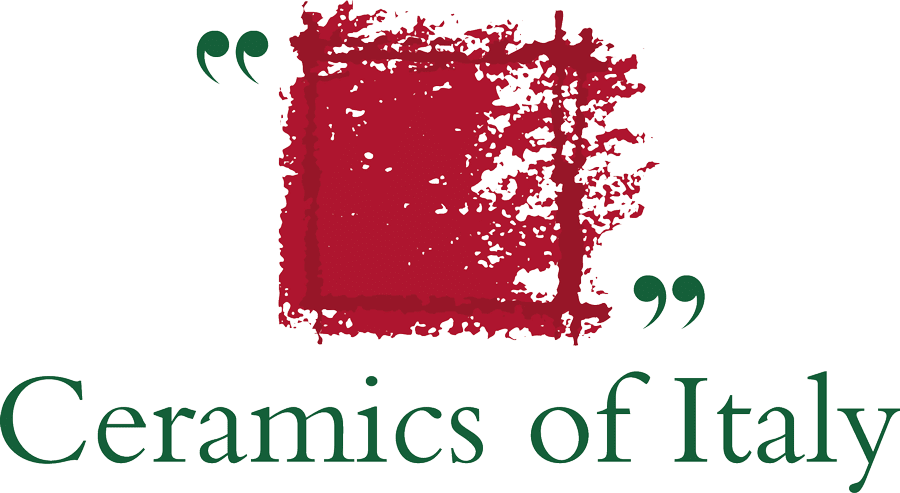The term “kintsugi”, which in Japanese means “joining with gold”, refers to a restoration method used to repair broken ceramic objects that dates back to the late fifteenth century. This age-old technique is almost magical, as the delicate gold seams effectively transform the repaired object into a new work of art, often more beautiful than the original. This was the concept behind the renovation of a Rome apartment by the architects from Brain Factory – Architecture & Design, who drew inspiration from the kintsugi technique in terms of both the design philosophy and the choice of materials and construction elements. The entrance hall features coloured wallpaper made from different materials and shades, while the Kintsugi porcelain tile collection from Ceramica Fioranese, available in 60×60 cm and 60×120 cm sizes with a thickness of 10 mm, contrasts elegantly with the oak flooring. “The Japanese art of kintsugi breathes new life into ceramic objects by reconnecting the pieces using a lacquer containing gold dust,” explain the architects from Brain Factory. “Each of our projects is based on discussions with our clients and the passions and lifestyle choices they express,” they continue. In this particular project, the clients wanted a second bathroom (which involved raising a section of the master bedroom to create an adequate slope for the drainage pipes), a walk-in wardrobe in the master bedroom, a guest room and a laundry room, partly repurposed from the existing living area. The result is a small, compact jewel in which consistent stylistic choices have created a sense of harmony and formal balance. The kitchen (from Veneta Cucine with Kartell stools) and the living room (featuring a table by Altacom and a sofa by Bonaldo) blend seamlessly into a single fluid open-plan space visually unified by the ceramic tiling and the choice of white as the dominant colour. Tiles from the Hibi Moonlight collection by Ceramica Fioranese are used on the kitchen island and a section of the living room floor, as well as in the bathroom and on the bedroom floor. In the bathroom, the Japan-Hibi Moonlight tiles incorporating coloured fragments enhance the emotional appeal of the shower. “We chose these tiles because they allowed us to bring a touch of character and style to all the rooms without ever being overbearing or invasive,” explain the architects. The collection from Ceramica Fioranese is backed by an EPD (Environmental Product Declaration) certifying production process sustainability and environmental impact. In particular, it declares that the products are made partly from recycled materials and are suitable for use in buildings that aspire to the LEED (Leadership in Energy and Environmental Design) system. The bed is by Twils, while all the other items of furniture are custom made.






